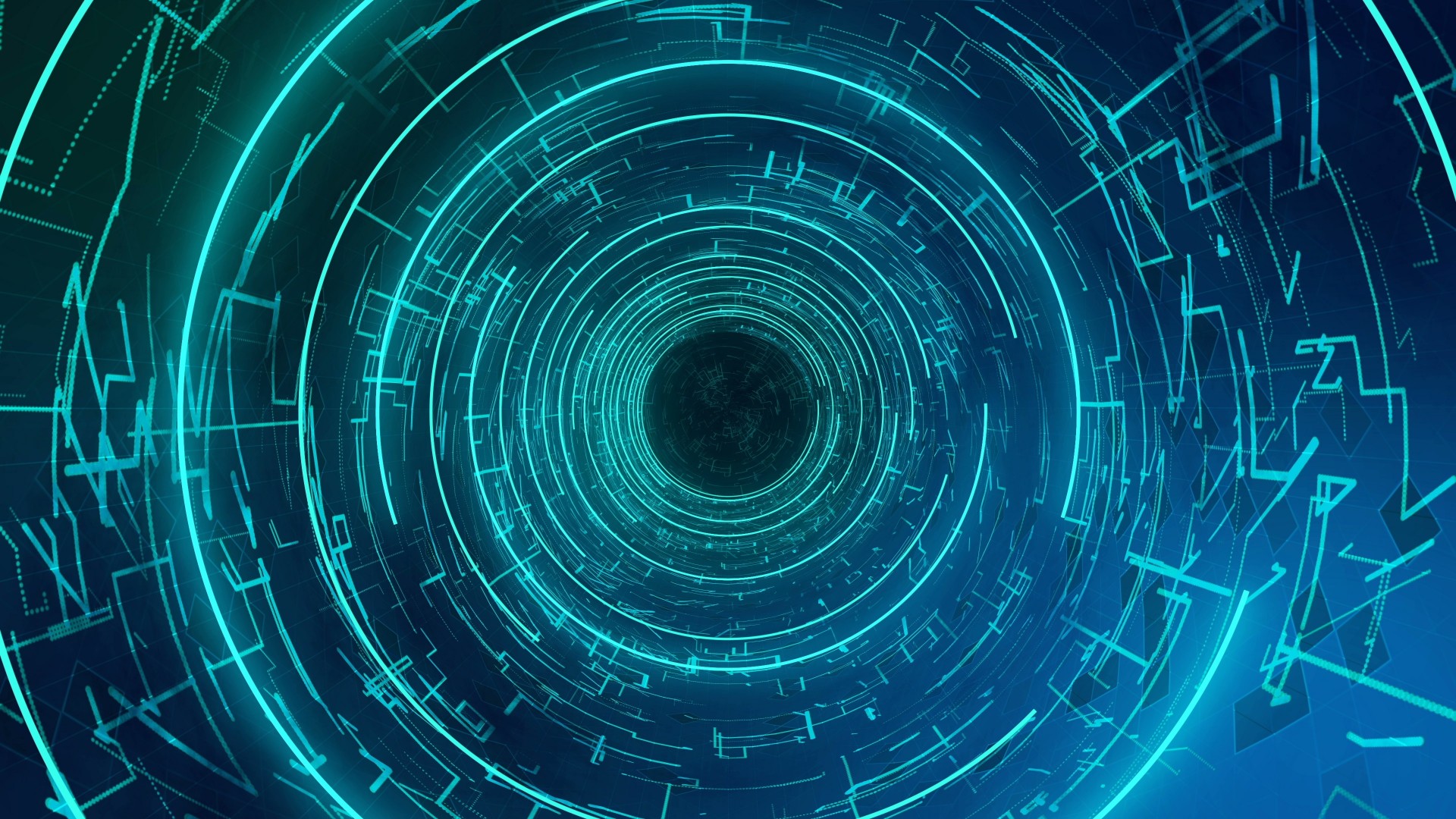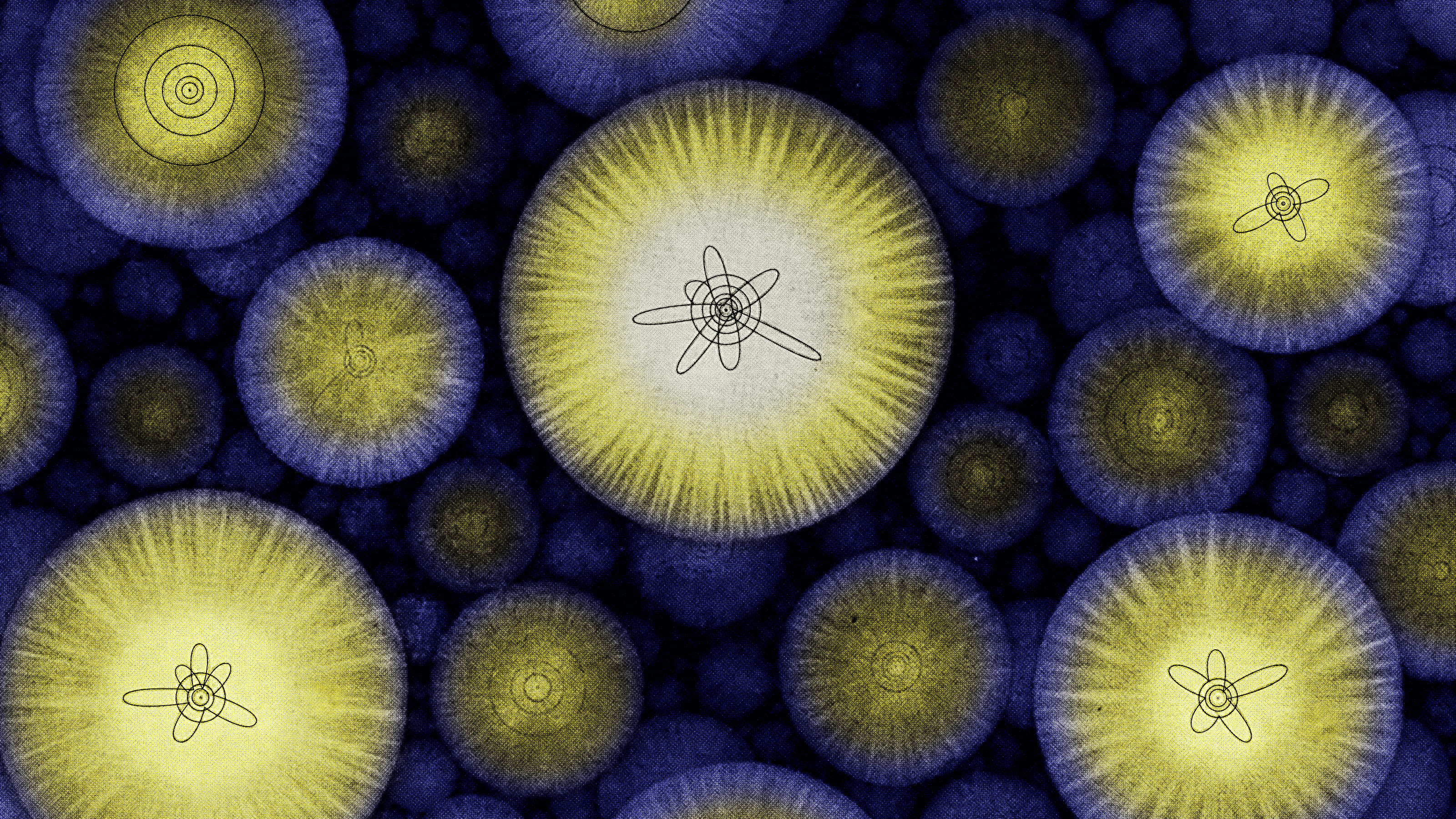Every species eventually goes extinct, Weisman says.
Alan Weisman: Well, eventually, yes. Humans are doomed, because every species eventually goes extinct, just like every dies eventually. I mean that true in the whole history of biology. Now, in this book, I purposefully avoided talking about, what I think could be the scenario, which is if we go on business as usual, just using the same dirty fuels that are completely destroying the chemical balance or changing the chemical balance of the atmosphere and the seas and the land in ways that we no longer can control. The outlook is rather bleak. It looks like we are going to have more and more biological loses until we start losing stuff that we really depend on. I mean there are crashes of our pollinators right now, these last years started to go dumb, bats are going down right now and that's going to affect our food supply. Our sheer numbers which is something that it’s a fact that I drop in towards the end of the book, is also an issue. I mean, if we keep growing by a million every four days, which is the way the human rates is growing. At a certain point we are going to have outstripped the resources of the planet to support us. That the only way that we are surviving as well as we are alright now, is that we have used incredible technology, agriculture technology to stretch our food resources, but that's starting to have negative repercussions. Part of that technology is rather simple, we just scraped away more forest, wilderness, habitat, et cetera to grow more stuff, but now we are start to miss the species that used to use that like migrating birds that would stops in the tree as of Central America or of Indonesia or of Africa on their way between the hemispheres. We need those spaces in many ways, they spread seeds, they do all kinds of useful things and they're beautiful, they inspire us. We have also force fed the land with chemicals and we probably do not have time to get into that now, there are books that talk about that great length, so I certainly touch on it, here because some of those chemicals are really changing the way other things live on the land, including possibly us. More and more physicians are concerned that all these poisons that we use to keep pests away et cetera might possibly be poisoning us in some ways that are cumulative. So, yeah, I am really concerned that if business goes on as usual, we are going to hasten our extinction. But, by the same token, we are also in the flower of our species life, right now, we can do so many things, yes we produce some bad stuff that I talk about in the book like PCB's or plastics, which in of themselves are very useful except an unintended consequence of their production is that we did realize that nothing knows how to break them down yet, they are very indestructibility as become plague, because they're every, there is big rafts of to them floating on the oceans. At the same time we're also creating wonderful thing, we create beautiful art, we create wonderful music, technological advances like the computers that we communicate to each other with, we are kind of thrilling and I would like to think that with all this knowledge that we have, we have been in this information age that we're going to segue into a wisdom age, where since we pride ourselves in being this species that some times we call ourselves the only species, I am not sure that is we have anyway knowing, but we call ourselves the only species, that could foresee the consequences of its action, that can consider the future. Well, knowing the future or understanding what will happen is one thing, having the wisdom to do something about is another and obviously we have to bring ourselves back in the balalnce.
Recorded on: 2/5/08





